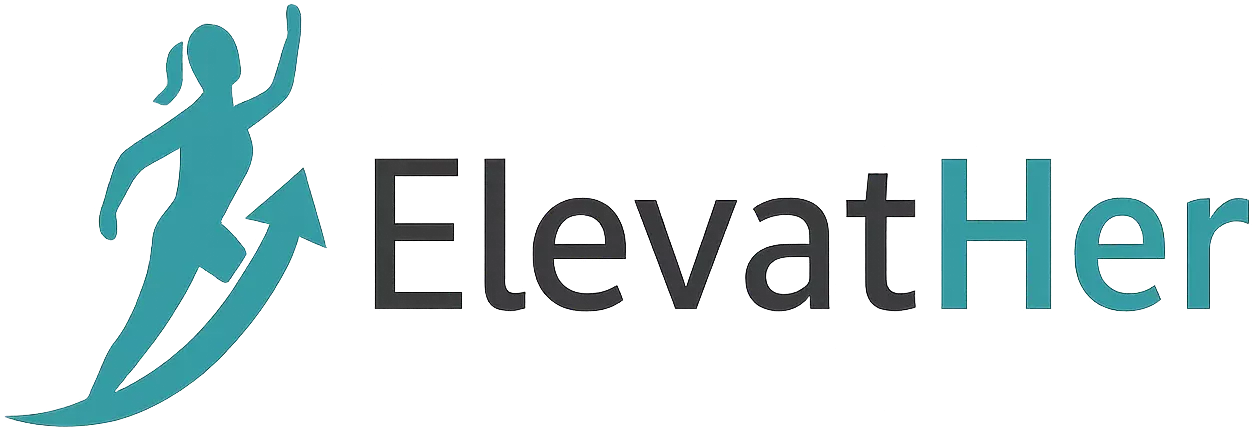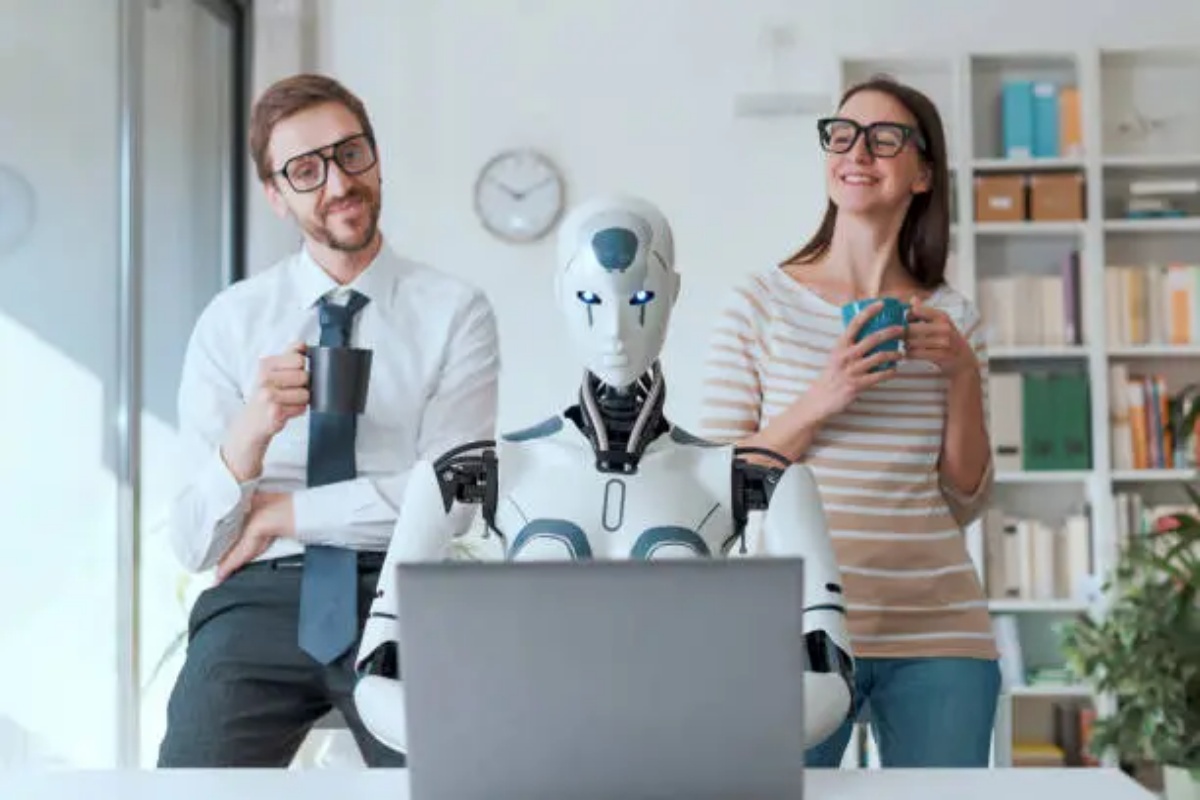Artificial Intelligence (AI) has become a powerful force transforming various industries — and perhaps one of the most impactful areas is hiring and recruitment. From automating repetitive tasks to offering deep insights into candidate behavior and performance, AI is revolutionizing how companies find, evaluate, and hire talent.
In this comprehensive blog, we’ll explore how AI is shaping the future of hiring, the top AI tools in recruitment today, and what employers and job seekers need to know to stay ahead.
1. The Evolution of Hiring: From Resumes to Algorithms
For decades, the hiring process was largely manual. Employers posted job ads, collected resumes, and manually screened applicants. Interviews were mostly subjective, and unconscious biases often influenced decision-making.
Now, with AI, companies are:
- Automating resume screening
- Using predictive analytics to assess potential
- Enhancing diversity and inclusion efforts
- Providing personalized candidate experiences
AI allows hiring teams to move from gut feeling to data-driven decisions — faster and more efficiently.
2. How AI is Being Used in Hiring Today
a. Resume Screening and Shortlisting
Tools like HireVue, Pymetrics, and Recruitee use AI to scan thousands of resumes and applications in seconds. These systems analyze keywords, experience levels, education, and other data to find the best matches for a role — eliminating hours of manual work.
b. AI-Powered Interviews
Some companies now conduct video interviews analyzed by AI. Tools like HireVue assess facial expressions, tone, word choice, and speech patterns to evaluate soft skills and emotional intelligence.
c. Chatbots for Candidate Engagement
AI chatbots like Mya and Olivia are being used to:
- Answer candidates’ questions
- Schedule interviews
- Provide real-time feedback
This not only improves the candidate experience but also reduces the burden on HR teams.
d. Predictive Analytics for Talent Matching
AI systems can analyze past hiring data and current market trends to predict:
- Which candidates are most likely to succeed
- How long a candidate will stay in the job
- Which applicants align best with company culture
3. Top AI Tools Shaping the Future of Recruitment
Here are some of the best AI tools transforming hiring processes:
| Tool | Function | Key Features |
|---|---|---|
| HireVue | Video interviewing & assessment | AI-based scoring, behavioral analysis |
| Pymetrics | Soft skills evaluation | Neuroscience-based games |
| Hiretual | Sourcing & engagement | Deep web sourcing, AI-powered talent mapping |
| SeekOut | Diversity hiring & talent insights | Diversity analytics, GitHub & LinkedIn scraping |
| XOR | Recruitment chatbot & scheduling | Multilingual support, mobile-friendly |
4. Benefits of AI in Hiring
Faster Hiring Process: AI tools can reduce time-to-hire by up to 40% by automating early screening and interview scheduling.
Reduced Bias: When trained properly, AI algorithms can eliminate unconscious bias by focusing on skills and performance rather than name, gender, or background.
Cost Savings: Automation reduces reliance on recruitment agencies and long hiring cycles, saving money.
Improved Candidate Experience: With instant responses, personalized job suggestions, and faster feedback, AI makes the process smoother for job seekers.
Better Quality Hires: Predictive analytics ensures better matching based on data, not just interviews.
5. Challenges and Concerns
Bias in AI Algorithms: If AI is trained on biased data, it may reproduce or even amplify discrimination. Transparency and ethical training of AI models are crucial.
Privacy Issues: Collecting behavioral data, facial expressions, and voice patterns raises concerns about candidate privacy.
Over-Reliance on Tech: Relying solely on AI may reduce human empathy and overlook important soft skills or situational fit.
6. The Future: What to Expect in the Next 5-10 Years
Here’s how hiring is likely to evolve with AI in the near future:
- Hyper-Personalized Job Matches: AI will not just suggest jobs, but tailor entire career paths based on interests, skills, and performance.
- Virtual Reality (VR) Assessments: Candidates might complete VR-based simulations to demonstrate real-world problem-solving abilities.
- AI-Powered Diversity Monitoring: Systems will automatically flag bias and suggest changes to job descriptions or interview practices.
- Emotional Intelligence AI: More advanced models will detect empathy, motivation, and emotional stability — offering a fuller picture of the candidate.
7. Advice for Employers and Job Seekers
For Employers:
- Regularly audit your AI tools for bias.
- Don’t fully replace human recruiters — use AI to augment, not eliminate.
- Focus on the candidate experience — transparency builds trust.
For Job Seekers:
- Optimize your resume for ATS (Applicant Tracking Systems).
- Practice for AI-based interviews (tone, clarity, keywords).
- Don’t fake behaviors — some systems can detect unnatural responses.
Conclusion
Artificial Intelligence is no longer a futuristic concept — it’s here and actively reshaping the hiring landscape. While AI offers incredible advantages in speed, efficiency, and fairness, its true value lies in how it’s implemented. Used wisely, AI can create a more inclusive, data-driven, and personalized hiring experience for all.
The future of hiring is not about humans vs. machines — it’s about humans with machines, working together to find the right people for the right roles.
Are you ready for the AI-powered hiring revolution?
Whether you’re an HR leader or a job seeker, embracing this change now will help you stay ahead in tomorrow’s job market.

